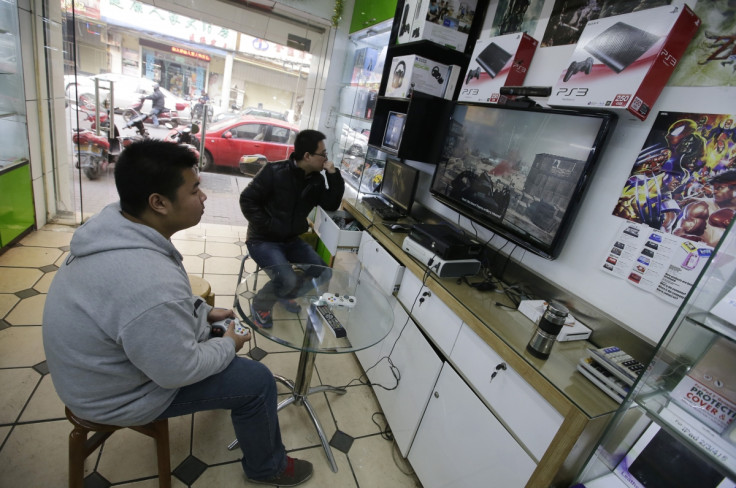Is China to weaponise credit scores to crush political dissent?

China is developing a new mandatory credit score system that will focus on judging a citizen's "sincerity in society", leading to concerns that the system will penalise people by looking at what they buy and whether they post political comments on social media.
On 3 October, VPN service provider Private Internet Access published a blog claiming that China had introduced a new Orwellian universal credit score system that uses surveillance to convince citizens to conform in order to receive privileges, such as fast-track visas to foreign countries and preference for bank loans, while punishing dissenters and people who purchase video games with lower credit scores.
The American Civil Liberties Union was understandably shocked by this blog, which prompted a slew of outraged, fear-mongering articles in the US media slamming the Chinese government for its scary new method of suppressing free speech.
But the reality is that the Chinese government has not said how exactly it plans to judge how sincere its citizens are at all, and the unique conditions for the credit score system actually come from credit-scoring methods being used by China's internet giants.
So what's the real story then?
As pointed out by Tech in Asia, the practice of analysing what Chinese citizens say on social media is currently done by Tencent, which owns three of the world's five biggest social media networks, namely QQ, WeChat and Qzone, and thus has access to the data of 1.8 billion Chinese consumers.
Meanwhile, Alibaba, the e-commerce giant, has its own credit scoring-system called Sesame Credit, which does look at users' purchasing histories and increases the credit score of users who use Alibaba's payment service Alipay for transactions over other methods of payment.
Sesame Credit encourages users to brag about their credit scores online and does offer benefits such as high-speed VIP check-ins for flights at Beijing's Capital International Airport and the option to rent cars without leaving a deposit, but the Chinese news site Caixin says that some of these benefits are starting to seriously annoy China's central bank.
The government has reportedly told Alibaba to stop offering the promotions as they are inappropriate and has frowned upon a promotional campaign that saw 30 million students from colleges and universities across the country taking part in games that compared their credit scores with their friends in order to win cash rewards.
Sticking to socialist principles
In reality, the Chinese government has not introduced its credit-scoring system yet – it is slated for 2020. By the looks of the planning outline document circulated by the Chinese government in June 2014, the Chinese government is not sure how it will judge its citizens either.
The document explains that as capitalism has created a booming economy in China, it is still important to stick to "traditional values" of the "Socialist market economy" by establishing "the idea of a sincerity culture". The authors of the paper say that having a sincere society will lead to China having a "desirable credit environment".
It's important to remember that the word "sincere" in Chinese has similar connotations to being truthful, and the document references the dangers of breaking trust repeatedly, which is innately tied to the concept of honour, which is intrinsic in Chinese society.
Beware the power of Alibaba and Tencent
Bearing this in mind, you can see why the Chinese government is keen to avoid the towering debt problems of the West where people apply for multiple credit cards and bank overdrafts and max them out, ringing up huge debt that they often try to avoid repaying, which could be seen in Chinese eyes as being "dishonest".
So is this an issue for concern? Probably, but not for the reasons you think. The Chinese government has always spied on its citizens' online activity – that's why Facebook and Twitter are banned in the country, so this hasn't changed at all.
But what we should be thinking about is how Tencent and Alibaba – the Chinese equivalents of Google with their gigantic audiences – are seeking to use their power to manipulate users to their own ends. Similar to the antitrust problems of the West, this is unlikely to change any time soon, and if unchecked, these companies could bring such an Orwellian nightmare to life.
© Copyright IBTimes 2024. All rights reserved.






